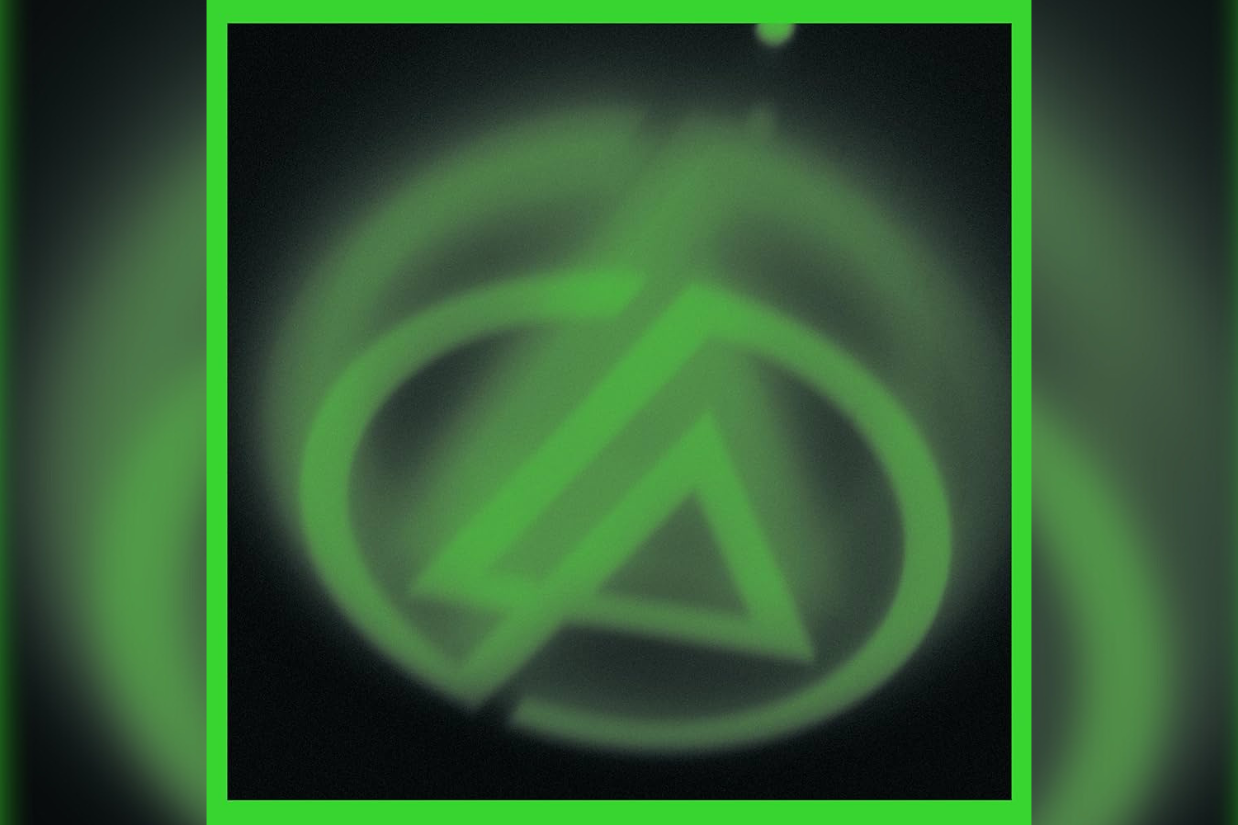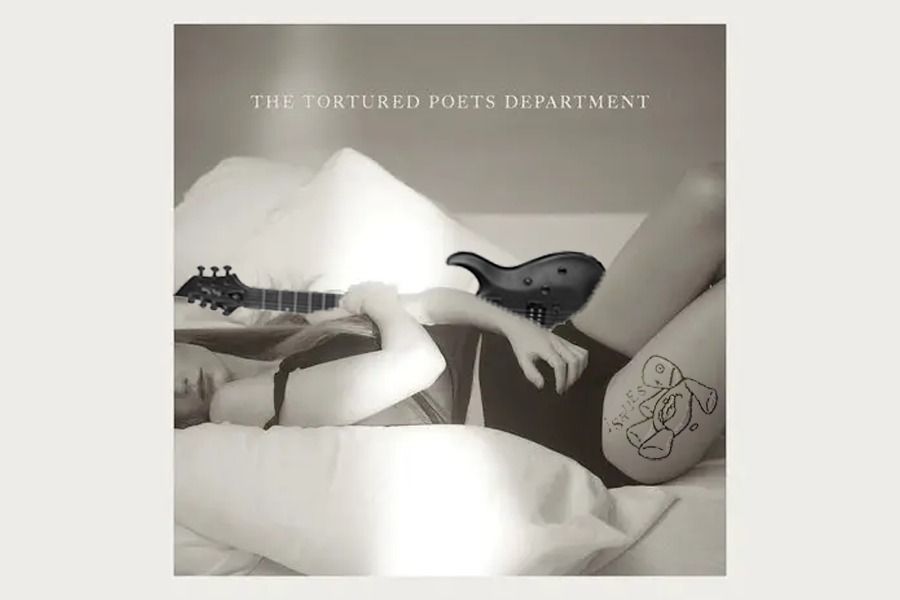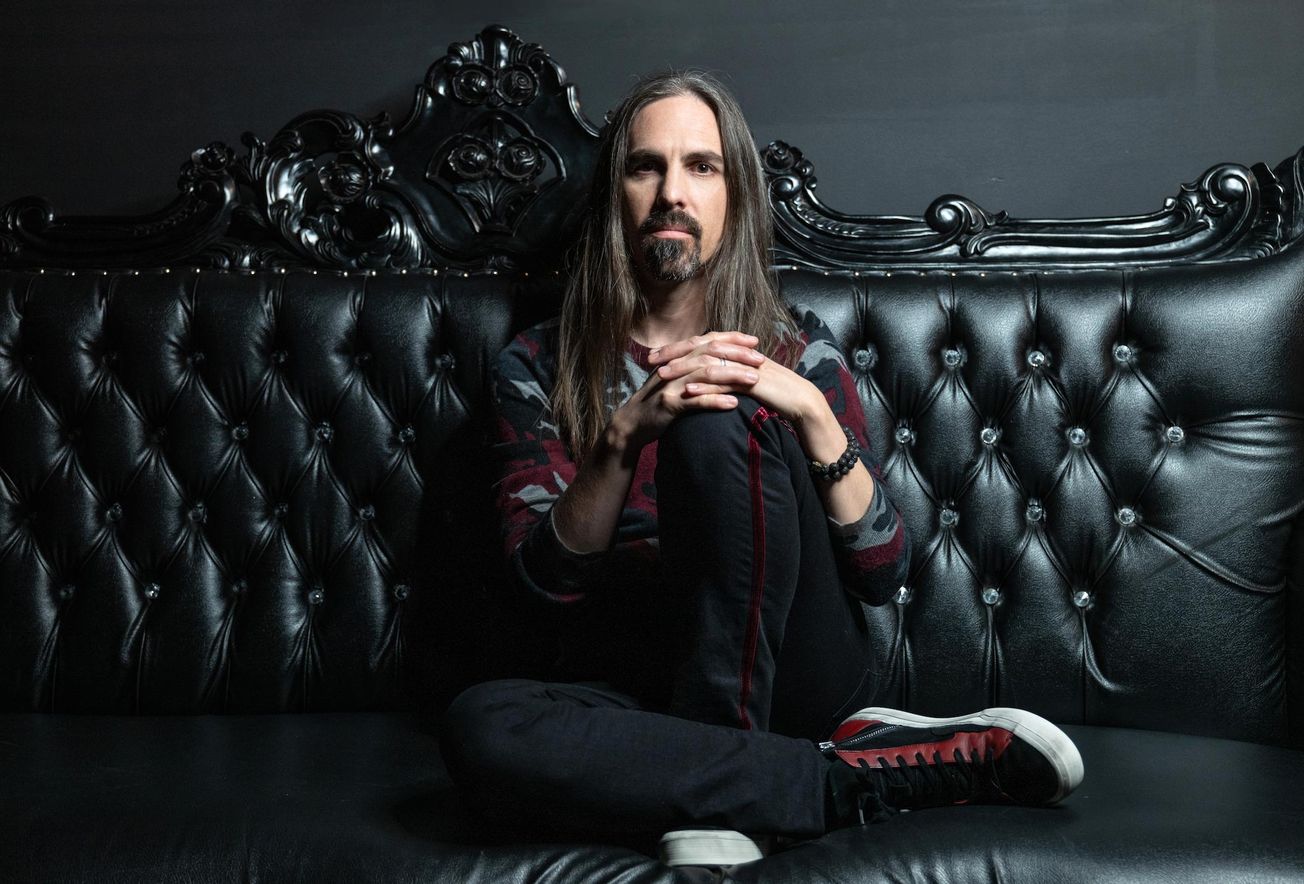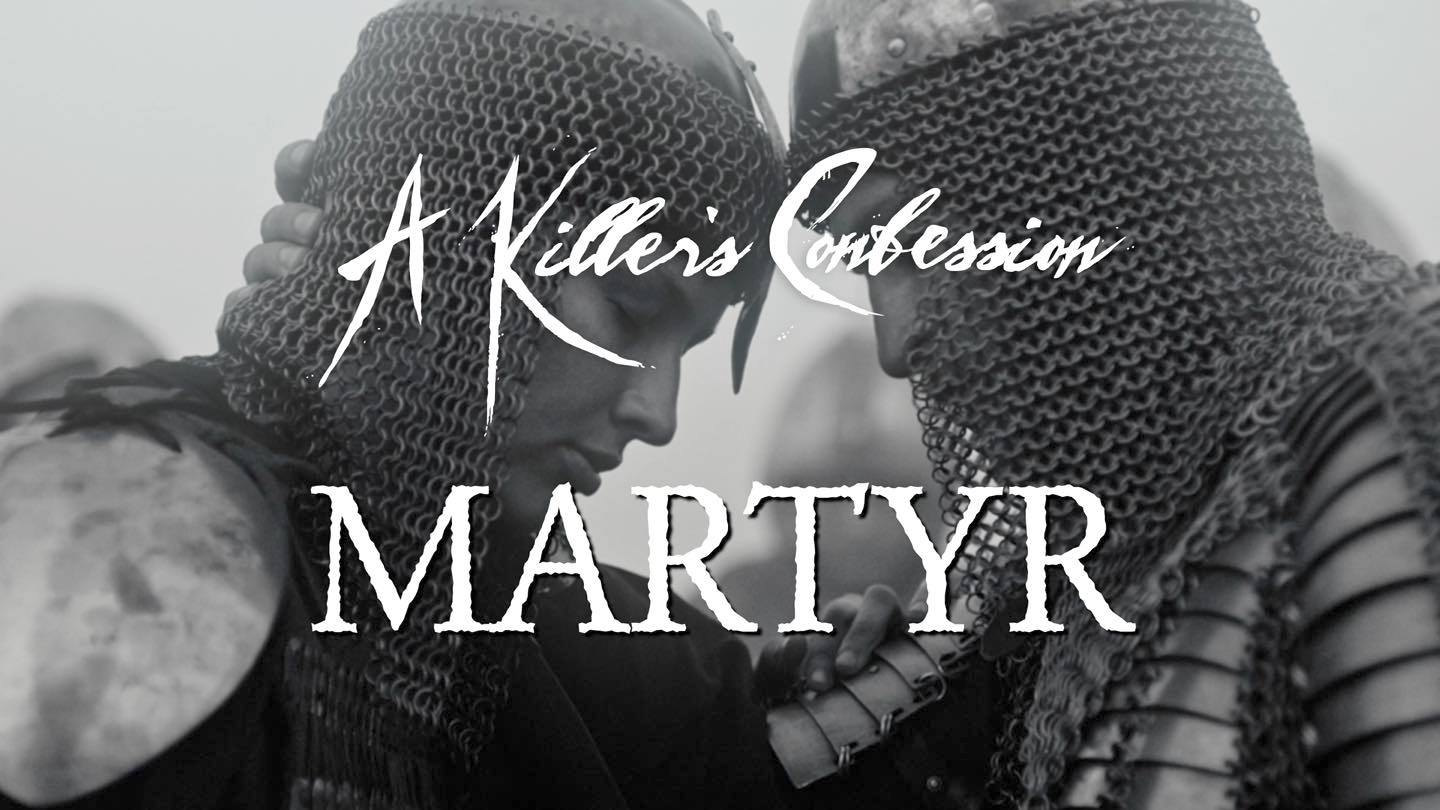The Greatest Hits album. Once a requirement, now a lost art. Long ago a well-done greatest hits album could usher a band from ordinary greatness to the halls of rock ‘n roll Valhalla. Even mediocre bands could reassemble their catalog convincingly enough to make them into quadruple-diamond selling superstars. But with the arrival of the streaming era, artists of all ages suddenly had their music shuffled into ever-updating playlists that are too liquid to form anything like a true statement. So having Linkin Park, one of the biggest rock bands in history, return to resurrect the formula is an interesting litmus test; is there room for an authentic greatest hits album in a world of playlists? Papercuts takes its shot but falls short in a number of significant ways.
For one, the sequencing on this thing is nuts. We lead with the emotional fetal position of “Crawling,” jump ahead three years to the fist-pumping “Faint,” then volly over to the Jay-Z-led “Numb / Encore”’ all in the first three tracks. And while I understand the band probably didn’t want to hew too closely to the original album order, Hybrid Theory is one of the most perfectly sequenced rock albums in history. Hearing anything follow “Papercut” that isn’t “One Step Closer” is going to be a shock. Still, the first six tracks are sterling, a great primer on how spectacular these guys were at fusing heavy metal dynamics to perfect pop songwriting with backpack rap sensibilities.
Then, ahead of 2007’s Minutes to Midnight, right when this band could have shepherded nu-metal to higher planes, they renounced it totally. Thus, one of our premiere acts turned their back on the sound that created them and absconded for Rick Rubin and his confines of ‘respectability.’ It’s this schism that becomes Papercuts’ biggest test: can the new stuff hang with the old hits? Can their nu-metal era coexist with their adventures in alternative and pop rock?
It could be done but Papercuts becomes undermined by its own sequencing right away, positioning their nu-metal apologia “What I’ve Done” right next to the thoroughly nu-metal and hitherto-unreleased “QWERTY.” These are very different songs; the former a farewell to the rap-rocking dynamics that created the band and the latter a sprint through as many of that genre’s cliches as possible in a seeming effort to burn themselves out on the genre in one go. “QWERTY” is a decent song, and it is nice to get a new shot of nu-metal in here, but its near-parodic lyrics (“eyes”/”lies”/”disguise”) reflect a band that didn’t see anywhere left to go with the sound. And I’m certainly not going to pretend it’s a better song than the conspicuously absent “Given Up,” one of Chester’s most fiery vocal performances in a discography full of them.
No matter how broad their appeal, only Linkin Park was capable of writing and recording songs like “In the End” or “Faint” but from Minutes to Midnight onward it’s too easy to imagine these songs being cut by any number of their contemporaries. “Burn It Down” could have gone to Muse, “New Divide” to Kings of Leon, “Leave Out All the Rest” to Coldplay, or “Waiting for the End” to Keane (wouldn’t even be their first rap song) without much notice. By the time we arrive at the rediscovered One More Light-era “Friendly Fire,” Linkin Park doesn’t sound like a band at all, with its staid synths and millennial whoops planting it somewhere in SelenaGomez album track territory. Excluding a song like “Heavy,” which proved beyond a shadow that Linkin Park could resume being a pop competitor anytime they wanted, in favor of "Friendly Fire" was a missed call.
There was absolutely a way to make the case that Linkin Park’s later discography can hang with their early work, and show a process of evolution, but these songs in this order fails to make it. Instead, Papercuts keeps dropping reminders of how spectacular this band was when they were blazing their own trail rather than settling for simply good alternative rock, and reveling in bizarre pairings that make a notoriously meticulous band seem directionless. Pairing the Meteora-era castoff “Lost” with “Numb” only accentuates why the latter made the album and the former did not. Following “QWERTY” with “One Step Closer” contrasts a band fed up by nu-metal with a band absolutely thrilled by it. After hearing “Somewhere I Belong”’s natural rap/sing interplay, “Bleed It Out”’s awkward attempt to mature the same formula (and following your band’s first on-wax F-word with “Filthy mouth! No excuse!”) feels more like a church kid making their first attempt at rebellion than growing up. This isn't to say all the post-nu metal material is a wash. “Burn It Down” has a great hook and the kind of synth/drum programming these guys excelled at, while “What I’ve Done” and “New Divide” have achieved a certain timeless, Michael Bay-assisted relevance. And plenty of very intelligent people have sworn to me that A Thousand Suns is their true masterpiece, but the two singles included here can’t adequately communicate the sweeping artistic statement of a concept album stitched together by interludes by Martin Luther King Jr. and J. Robert Oppenheimer.
If this all scans as too critical, it’s not because I don’t like Linkin Park; I love Linkin Park. This isn’t a trip down memory lane, it’s the possible final statement of the most consequential rock band of the entire 00s, and as such it deserves a gimlet eye. If Papercuts is to be the band’s finale, it falls short. As a singles collection, it’s incomplete (Nothing off The Hunting Party??), and as a greatest hits compilation it's unconvincing. What it feels most like is a band’s attempt to reclaim ownership over a streaming-era contrivance, producing their own version of This is: Linkin Park. And while that isn’t an inherently empty motivation, in this case, it feels as though the construction of an artistic identity was sacrificed in favor of curation by view count. In short, if you’ve never heard these songs before there’s never a bad place to start. But if Papercuts is your beginning and end you might leave wondering what the big deal is. - Holiday Kirk










